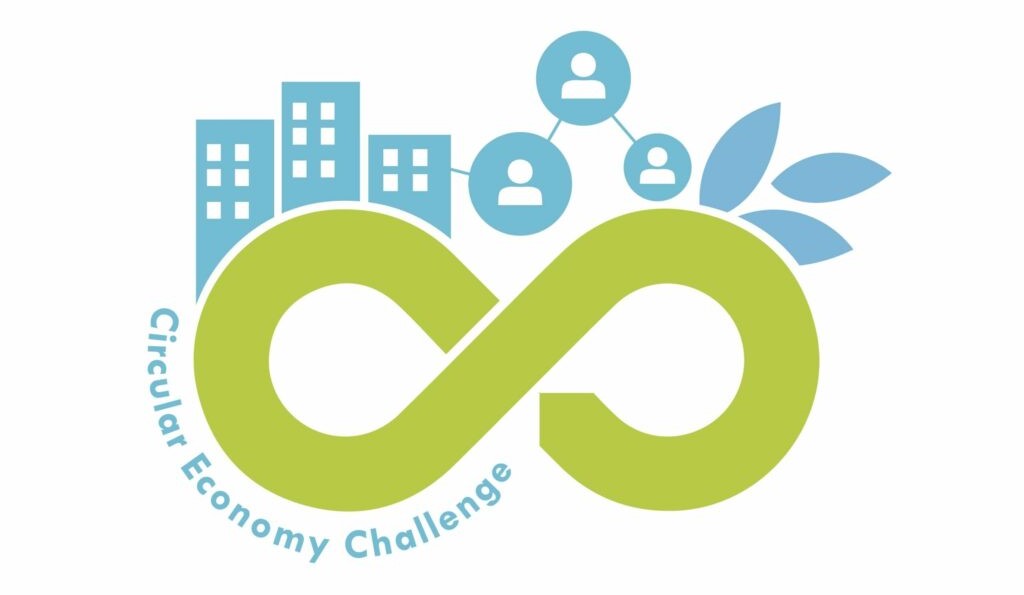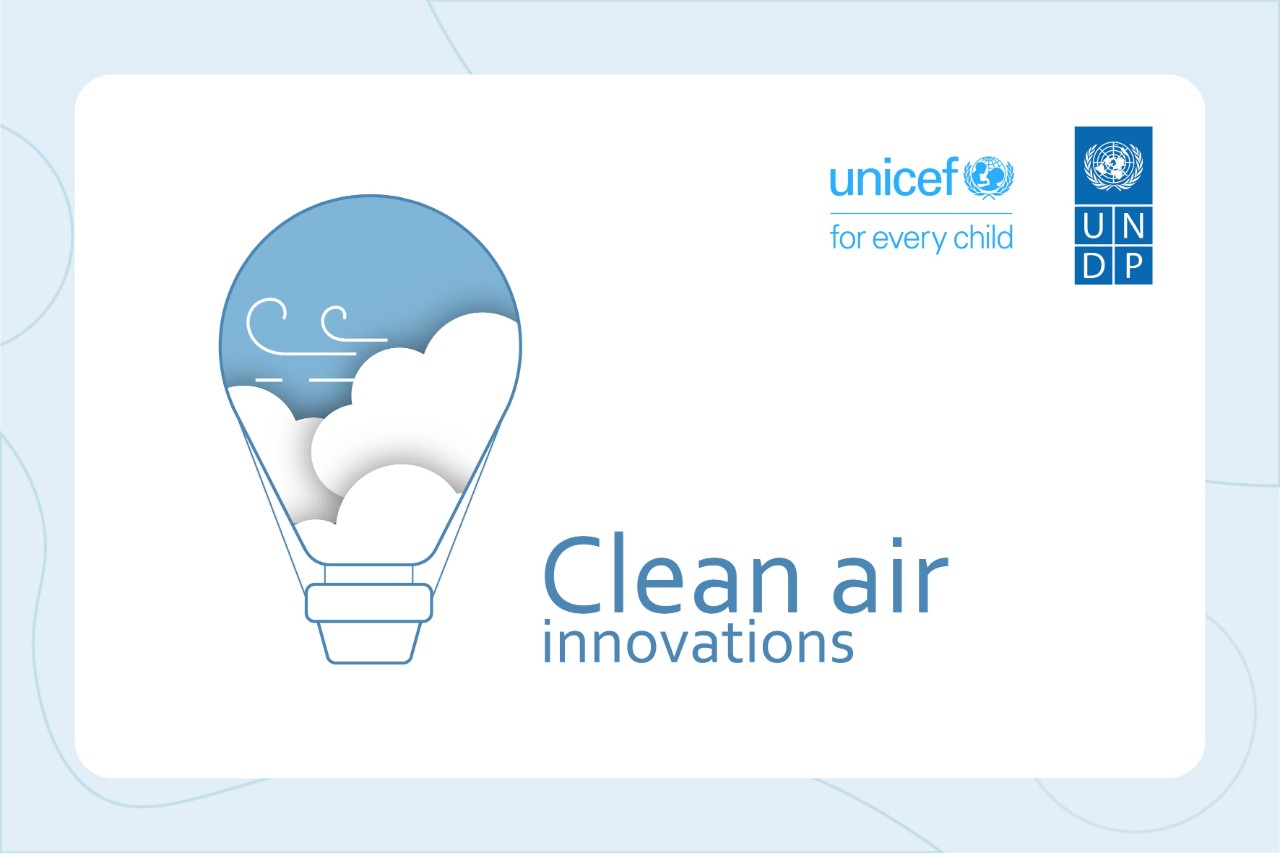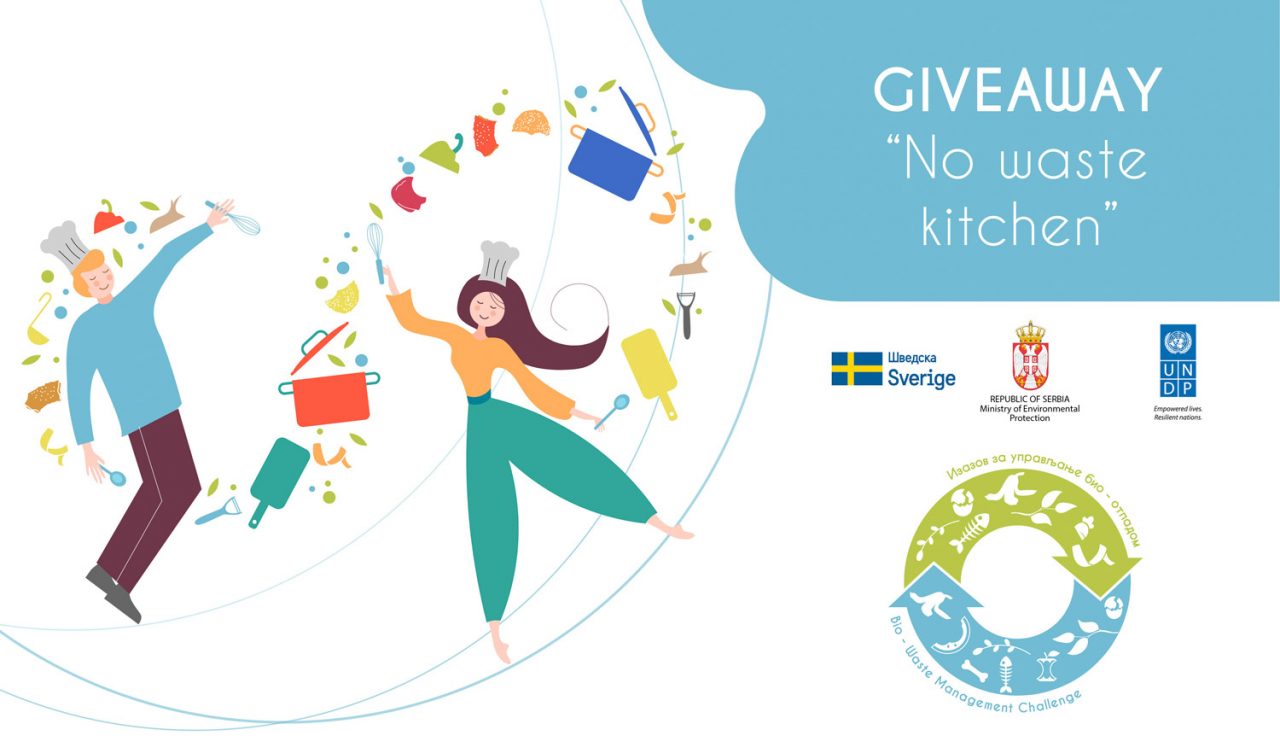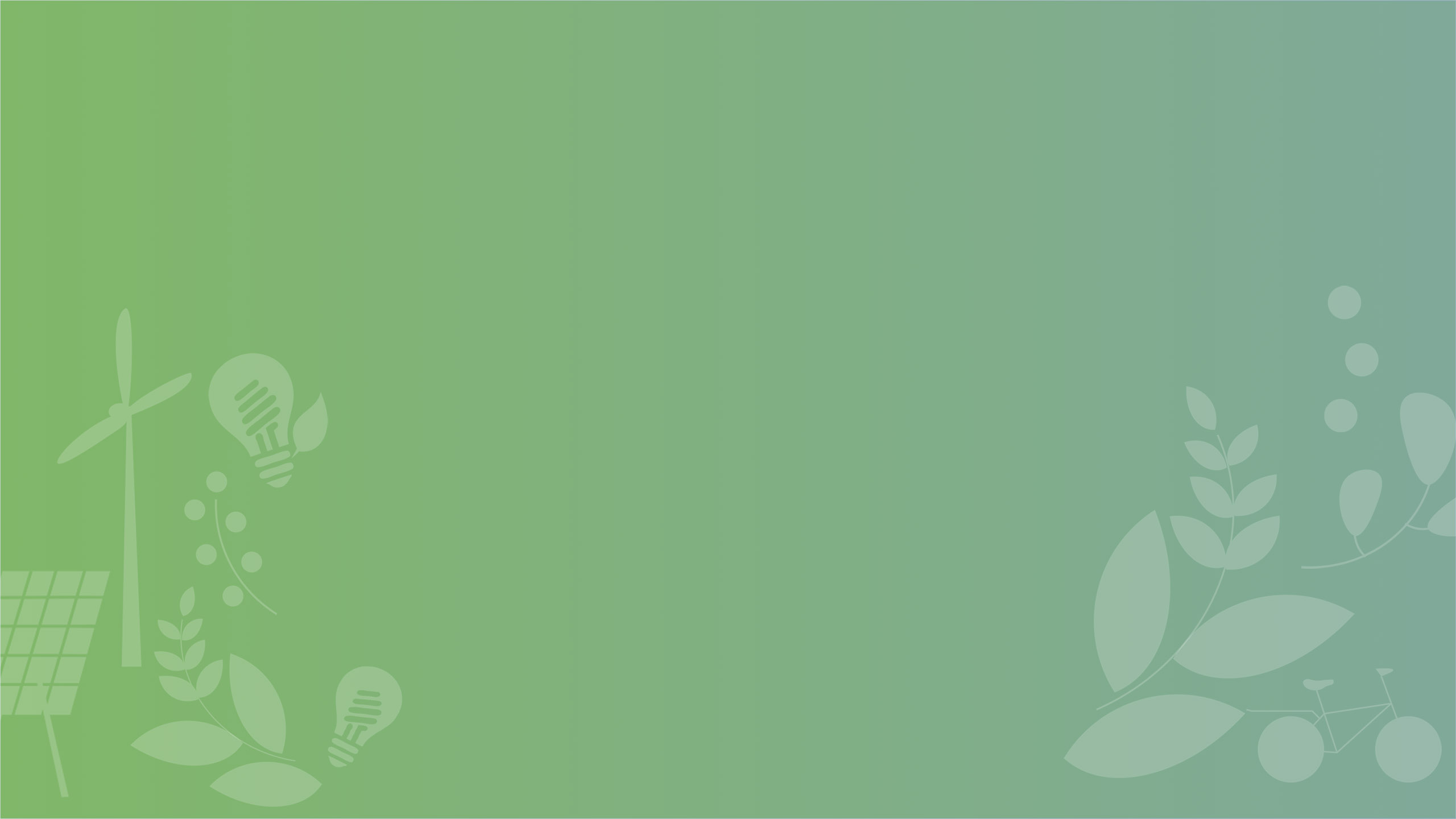-
Dec 02 2020 Call for innovative circular economy projects
To encourage and accelerate the development of solutions and business models that will directly contribute to greenhouse gas emission (GHG) reduction and climate change mitigation, United Nations Development Program (UNDP) and the Ministry of Environmental Protection, in cooperation with the Global Environment Facility (GEF) are launching a Public Call for innovative projects that apply principles of the circular economy.
The Call refers to sourcing innovative and cost-effective projects, business models and technical solutions for reducing carbon footprint/greenhouse gas emissions by applying circular economy principles. In parallel, projects should generate social, economic and environmental benefits for the community and its citizens.
Public Call for innovative circular economy project proposals will be open from December 1, 2020, to February 1, 2021, for local self – governments (cities and municipalities), public utility companies, private sector and civil society organizations registered in the Republic of Serbia.
Authors of the best proposals, selected in accordance with the evaluation criteria, will receive mentorship and other professional support in the Acceleration phase, to develop their ideas into mature projects and qualify for possible co-financing for implementation.
In order to meet the EU accession goals and maintain competitiveness at the international market, Serbia needs to accelerate the transition to a circular economy and low-carbon development. The EU Green Agenda for the Western Balkans will open financing opportunities for green businesses and projects. This Call also aims to support the industry and the business sector to increase their capacity to attract such investments.
Circular business models represent a chance for a sustainable recovery of the business sector, especially small and medium enterprises, from the consequences of the COVID 19 pandemic. The Call is an opportunity for companies to plan new, green business ventures that will make them sustainable and resilient to similar crises in the future.
This Public Call is part of the preparatory process for the project “Reducing Community Carbon Footprint by Circular Economy Approach in the Republic of Serbia”, which is expected to begin in the second half of 2021.
For more information, please visit: https://inovacije.klimatskepromene.rs/cirkularna-ekonomija/.
-
Oct 06 2020 Zero-waste, no pollution & “green” power in production of essential oils in Serbia
The endless fields of immortelle and lavender, where this aromatic herb is carefully cultivated and harvested, only this time not an attraction in the Mediterranean, but in Eastern Serbia. In the town of Gornja Mutnica, in the vicinity of Paracin, on about 315 hectares of plantations of the Serbian-Belgian company Sanicula, other Mediterranean cultures such as lemon balm, thyme and heather are organically grown. After the harvest season, these plants are distilled into essential oils which, due to their quality, are attractive for customers on the world market.
There are benefits for the local community too. Firstly, this company employs about 200 families from nearby villages. Every morning, they start the day with a cup of coffee that Novica Šutić, founder and owner of the company, serves to his employees.
– It’s my fifth season here. It can be hard work, but it is relaxing for your mind and brain. Jokes, laughter and days go by – says one of the workers in the fields of Sanicula.
While developing his business, Šutić came up with a formula that allows him to give nature something in return in the environment where he operates.
The entire production process is complete – from raw materials to the establishment of plantations, the use of own machinery, planting, processing, maintenance of plantations, harvesting and extracting of essential oils from Mediterranean aromatic plants.
Seeing that distillation of plants into essential oils generates a large amount of waste, i.e. biomass, the company team has decided to make bio-pellet from it. The technology of bio-pellet production from aromatic plant waste is very similar to the production of wood pellets, and this facility near Paraćin is the first of its kind in Serbia.
– The growth of the company, the constant expanding of plantations and the search for affordable and clean energy at the same time have made us start experimenting with biomass. After our first analyses showed that our bio-pellet had a high calorific value, everything started to come together – Novica explains.
Sanikula uses bio-pellet as an energy source in its distillation and drying facility, and the ash that remains after its combustion as organic fertilizer on plantations. By applying this circular approach, the production of essential oils does not generate waste, and economic development does not endanger the environment.
– Our plan for the annual production is to reach 3,000 tons of bio-pellet by 2023. In terms of energy generation potential, this is equivalent to the amount of 700 tons of coal and 200 tons of diesel fuel – Šutić emphasises.
The use of bio-pellet improves the effect of reducing greenhouse gas (GHG) emissions, thus mitigating the effects of climate change. At the moment, plants on Sanicula’s fields absorb 10 times more carbon dioxide (CO2) from the atmosphere than this company emits in the production of essential oils. Ecologically sustainable production makes their business sustainable too. Namely, longer periods of drought, and more severe floods, which affect Serbia, significantly reduce the yields of Mediterranean herbs.
Sanicula’s project “Innovative approach to the production of pellets from medicinal herbs”, has been awarded as one of the five best innovative and climate-smart solutions within the scope of the project “Climate Smart Urban Development”, implemented by the United Nations Development Programme (UNDP) in partnership with the Ministry of Environmental Protection, with financial support from the Global Environment Facility (GEF). The realization of this solution will contribute to the success of a business based on the principles of sustainable development, through the reduction of carbon dioxide (CO2) emissions, and the application of the “zero-waste” concept, which strives to eliminate waste from the production process. It is estimated that emission reductions equal to 20,000 tons of CO2 will be achieved during the project lifetime.
By clicking on this video, you can learn more about the process.
-
Oct 05 2020 Clean air challenge: Calling for innovations to reduce air pollution in Serbia and improve air quality
Exposure to air pollution has serious negative implications to human health, length and quality of life. Serbian Environment Protection Agency’s data show that the levels of air pollutants exceed the limit values in a number of cities/municipalities.
In order to contribute to improving the quality of the air that we all breath, UNDP Serbia, in cooperation with the UNICEF and WHO, is soliciting legal entities to propose innovative ways of producing or procuring innovative products, technological solutions and new value chains related to the following categories:
- Individual heating/combustion units (in households, public buildings) improved in terms of reduced emissions of pollutants, improved efficiency of energy-use, multifunctionality, etc.;
- Devices, software or methods for air quality monitoring, data processing and publication of results, preferably in open data format.
- Exceptionally novel and effective Air purifiers (individual or collective air purifying).
- Other equipment or advanced processes that contribute to the reduction of air pollution from the following sectors: transport, agriculture, industry, utilities (communal hygiene of public spaces, waste management, etc).
- Solutions focused on mitigating/reducing air pollution impact on children. This category also accepts individual proposals, and is particularly intended for young people, university students, and private sector.
The upcoming deadlines are:
Early bird deadline: October 20th, 2020
2nd phase deadline: November 20th, 2020
You can read more about Challenge here.
-
Aug 27 2020 PUC „Toplana-Šabac“ set up a mini solar power plant
Public Utility Company (PUC) „Toplana-Šabac“ is the first PUC in Serbia to start producing electricity from renewable energy sources. On August 13th, a small solar photovoltaic power plant of 3 kilowatts was installed on the roof of the administrative building of that company through the Project of the Energy Cooperative “Sunny Roofs Šabac”.
The first energy cooperative in Serbia „Solar Roofs“ was founded by the citizens in Šabac on November 2019, with the support of PUC “Toplana-Šabac”, Green Energy Cooperative (ZEZ) from Zagreb and United Nations Development Programme (UNDP) in Serbia through the project “Climate Smart Urban Development Challenge (CSUD)”, which is carried out by the Ministry of Environmental Protection and funded by the Global Environment Facility (GEF).
Energy cooperatives are a new type of organization and activism, which should lead to an increase in the use of renewable sources. Similar cooperatives already exist in the countries of the European Union and the first cooperative in Serbia is open to all who are interested, regardless of the place they live.
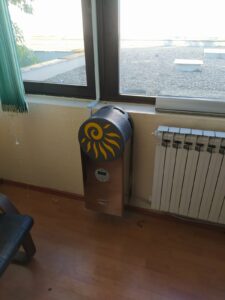 The initiative came from a desire to show that it is possible to bring together people of similar interests around a good idea. The main goal is to implement a project that offers an alternative solution for municipal energy supply. By using renewable energy sources, in this case, solar energy, it is possible to reduce the use of fossil fuels, heating and electricity costs, but also significantly contribute to the reduction of greenhouse gas emissions.
The initiative came from a desire to show that it is possible to bring together people of similar interests around a good idea. The main goal is to implement a project that offers an alternative solution for municipal energy supply. By using renewable energy sources, in this case, solar energy, it is possible to reduce the use of fossil fuels, heating and electricity costs, but also significantly contribute to the reduction of greenhouse gas emissions.The cooperative will soon launch an investment crowdfunding campaign for the first project, the installation of an additional 17-kilowatt solar photovoltaic power plant. The energy produced from photovoltaic power plants, installed on the roofs of private homes and public buildings, generates revenue to members of cooperative from the sale of energy to entities engaged in electricity trading or savings if used for their own needs.
-
Apr 16 2020 “No Waste Kitchen” Challenge
Ahead of the coming Easter holidays, during which people traditionally prepare larger quantities of food, as well as due to the circumstances caused by the Covide-19 pandemic when we are cooking at home more than usual, the Sweden and the United Nations Development Programme (UNDP), in partnership with the Ministry of Environmental Protection, are initiating the “No Waste Kitchen” Giveaway, to promote the reduction of food waste in households.
The Giveaway is open to all users of social networks Facebook and Instagram, who post a video or a photograph of a meal made of excess food/food surplus, meal prepared with no waste generated, or showing how they and their household members reduce food waste in their home, using the hashtag #NoWasteKitchen.
The “No Waste Kitchen” Giveaway will last from 16 April to 8 May 2020, and each week three most creative social media posts will be awarded. The winners will be selected by the jury consisting of the representative of the Swedish Embassy to Serbia, a representative of the UNDP, and Jelena Malenović, the author of the blog Spice and Sunshine. Detailed rules and regulations are available here > Social Media Giveaway Rules
One-third of the food produced globally is wasted, while the number of hungry people worldwide exceeds 800 million. Food that ends up in landfills decomposes and emits greenhouse gasses, methane and carbon dioxide, having a negative impact on climate change.
By reducing food waste, we are helping protect the environment and save money. The easiest way to do this is by smarter planning of food purchases, freezing of edible meal remains for later use, and cooking by using products that we already have in the household.
“No Waste Kitchen” is part of the project “Bio-Waste Management Challenge” through which Sweden, in cooperation with UNDP Serbia, is supporting the Ministry of Environmental Protection to come up with innovative solutions to improve waste management, in compliance with EU standards.

